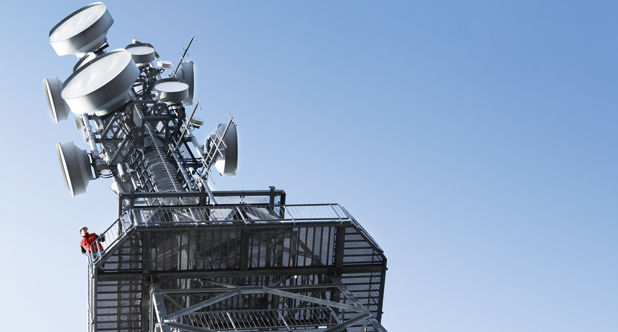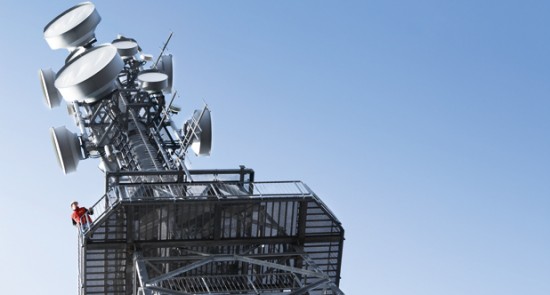The bidding war for 4G here in the UK has come to an end, with Ofcom announcing the closure of the 4G auction. There’s some good news and bad news, but if you’re a consumer then it’s only really good news for you.
All major UK networks successfully secured a slice of the 4G spectrum through bidding in the auction, which means that we’ll be seeing many more 4G networks and services popping up throughout the rest of the year, bringing competition to EE.
The bad news really only hits the government, because the auction didn’t raise the money that they expected it to. The target was £3.5 billion, but only £2.34 billion was raised by networks and businesses bidding big sums of cash for a share of the 4G spectrum.
Vodafone went in big, bidding £790 million in order to get the lion’s share of the 4G spectrum. This was for the 2.6GHz spectrum, which is the one that’ll best cater for cities and urbanised areas. The company promises 98% indoor 4G coverage by 2015.
Amongst the other winners in the auction are Telefonica (O2), Hutchison 3G (Three) and BT. The latter of those three will not be making a surprise move into the mobile network industry however; as Chief Executive Ian Livingston has confirmed the company has plans to use the spectrum to bolster its fixed-line broadband services across the UK.
Ofcom has confirmed that as a result of the auction, the UK should have almost complete 4G coverage by the end of 2017. O2 now has a contractual obligation to provide mobile broadband coverage to at least 98% of the country – and that’s indoor coverage, too. It will also bring mobile broadband coverage to at least 95% of Wales, Scotland and Ireland by 2017.
With all other UK networks now a step closer to launching their own 4G networks, we should see prices start to fall as competition heats up between them and EE, which is currently the UK’s only 4G network.

